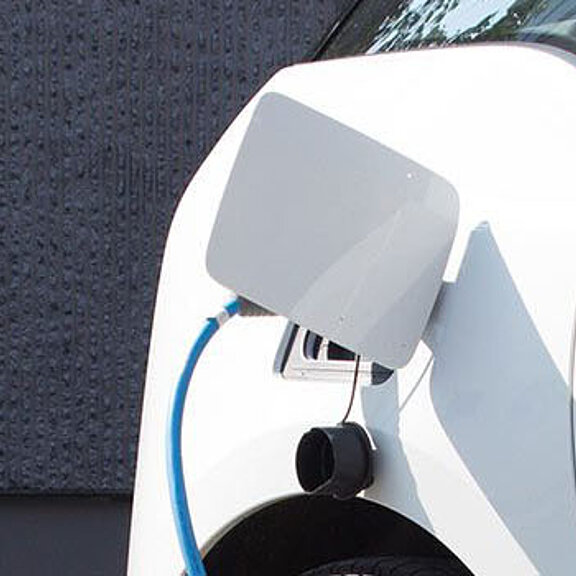

When using charging stations for electric cars, safety is paramount. This is where Bender comes into play: our wide range of electrical safety relay solutions is specially developed for electric vehicle charging stations. Our components are designed to integrate seamlessly with the electronic control systems of electric vehicle safety equipment (EVSE).
What makes Bender's solutions so special? Our components continuously monitor the electrical flow to detect any insulation hazards or dangerous milliampere currents. The focus here is on protecting people and the charging station. If a dangerous threshold value is detected, an alarm is triggered immediately and the power supply is interrupted - before a potential hazard can arise. As different charging technologies exist, we customise our safety circuits to suit individual requirements. At Bender, you will find customised solutions for charging electric vehicles safely and securely.
Since AC charging involves charging the electric vehicle at the domestic socket, the charging cable is the only charging infrastructure required. This special charging cable must feature an integrated monitoring system and the vehicle must provide internal charging electronics. Bender offers residual current monitoring sensors to mode 2 charging cable manufacturers for use in IC-CPDs in accordance with IEC 62752.
AC charging stations can often be found at home, in hotels or at the workplace, since AC charging uses conventional single or three-phase low voltage. This means AC charging has the benefit that charging infrastructure required can be kept relatively simple. The monitoring sensors can come in the form of a small PCB with a suitable current transformer or as a slightly larger DIN-rail mounted device. Both solutions ensure that the charging station is continuously monitored for residual currents, and if specified values are exceeded, these are quickly and reliably detected and the charging station is switched off if there is a hazard. Due to the permissible combination of residual current sensors and a type A RCD, no expensive type B RCD is required and the vehicle owner can be informed of any deterioration in the residual current values before the charging process is interrupted. The manufacturer of the charging station or wallbox can thus determine the health of the vehicle and inform the owner. In all cases, Bender fulfils all current standards and the user of the charging station is on the safe side.
Charging mode 4, also known as DC charging, enables electric vehicles to be charged quickly using direct current. DC stands for "direct current", which describes charging with direct voltage. This process, commonly referred to as fast charging, usually utilises higher charging power for rapid charging. A DC charging station is an unearthed power supply system that must be monitored by an IMD (insulation monitoring device) in accordance with standards.
There are two common charging standards for DC charging. In addition to the CCS standard (Combined Charging System) used in Europe, the Japanese charging standard CHAdeMO (according to "CHArge de MOve") is also used for most vehicles from Asian manufacturers. Both standards differ in terms of the requirements for monitoring the DC charging process. This concerns both the required switch-off times and the limit values for switching off in the event of a fault as well as monitoring for symmetrical or asymmetrical faults. Previously, two different devices were required for this.
The ISOMETER® isoCHA425HV insulation monitoring device in conjunction with the AGH420-1 coupling device supports both charging standards equally. Bender has now responded to market requirements with this combined device.
| Name | Category | Size | Language | Timestamp | D-/B-Number |
|---|---|---|---|---|---|
| Charging Electric Vehicles - Protection Against Electric Shock by DC Fault Current Sensor Units | Technical article | 931.2 KB | EN | 2019/05/1313.05.2019 | |
| Market segment brochure eMobility | Technical article | 20.0 B | EN | 2023/04/2828.04.2023 | |
| Technical paper Connection of charging stations for electric vehicles | Technical article | 20.0 B | EN | 2023/04/2828.04.2023 | |
| Electrical safety for emobility | Application note | 20.0 B | EN | 2023/04/2828.04.2023 |
Products
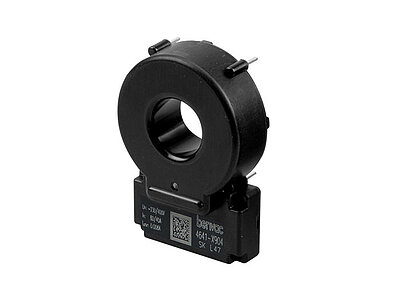
DC sensitive residual current monitoring for AC charge stations
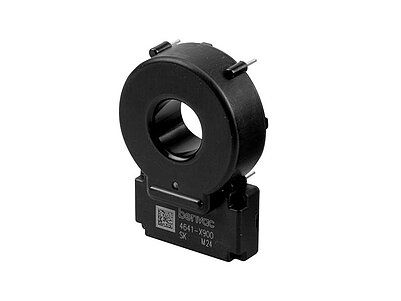
AC/DC sensitive residual current monitoring for AC charge stations
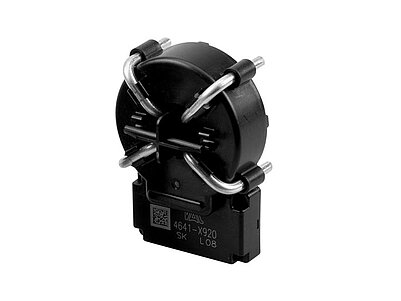
AC/DC sensitive residual current monitoring for AC charge stations
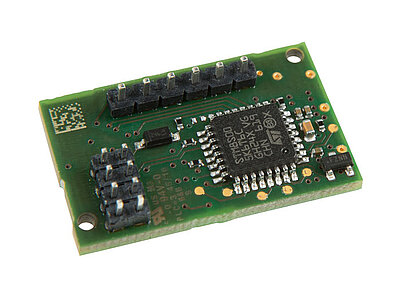
DC sensitive residual current monitoring module for electric vehicle charging systems
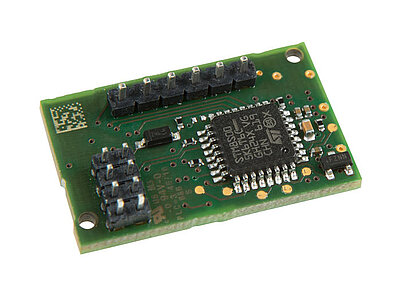
AC/DC sensitive residual current monitoring module for electric vehicle charging systems
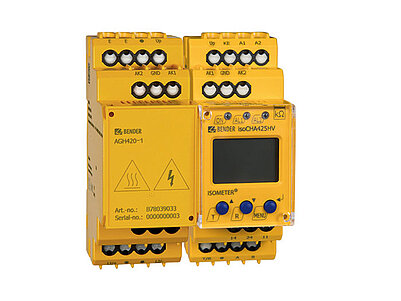
Insulation monitoring device with coupling device for unearthed DC systems (IT systems) DC 0 V to 1000 V Suitable for DC charging stations according to CCS or CHAdeMO
![[Translate to English:] isoCHA425](/fileadmin/_processed_/8/2/csm_isoCHA425_01_WEB_list_9b01ec0154.jpg)
Insulation monitoring device for unearthed DC systems (IT systems) DC 0 V to 400 V. Suitable for DC charging stations according to CCS or CHAdeMO
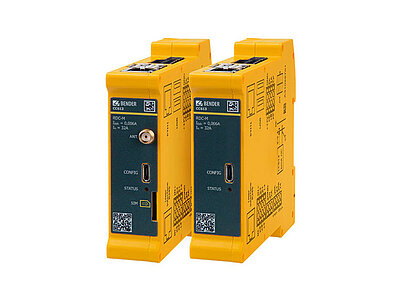
The next generation of smart charge controllers
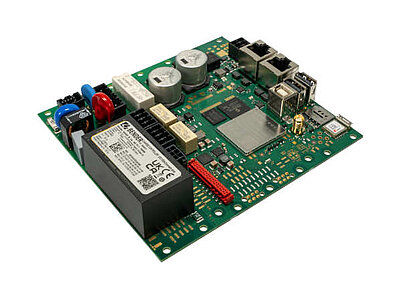
Charge controller for charging stations and wallboxes for charging electric vehicles

DC sensitive residual current monitoring for AC charge stations

AC/DC sensitive residual current monitoring for AC charge stations

AC/DC sensitive residual current monitoring for AC charge stations

DC sensitive residual current monitoring module for electric vehicle charging systems

AC/DC sensitive residual current monitoring module for electric vehicle charging systems

Insulation monitoring device with coupling device for unearthed DC systems (IT systems) DC 0 V to 1000 V Suitable for DC charging stations according to CCS or CHAdeMO
![[Translate to English:] isoCHA425](/fileadmin/_processed_/8/2/csm_isoCHA425_01_WEB_list_9b01ec0154.jpg)
Insulation monitoring device for unearthed DC systems (IT systems) DC 0 V to 400 V. Suitable for DC charging stations according to CCS or CHAdeMO

The next generation of smart charge controllers

Charge controller for charging stations and wallboxes for charging electric vehicles
Low-voltage switchgear and controlgear assemblies - Part 7: Assemblies for specific applications such as marinas, camping sites, market squares, electric vehicles charging stations
In-Cable Control and Protection Device for mode 2 charging of electric road vehicles (IC-CPD)
In-Cable Control and Protection Device for mode 2 charging of electric road vehicles (IC-CPD)